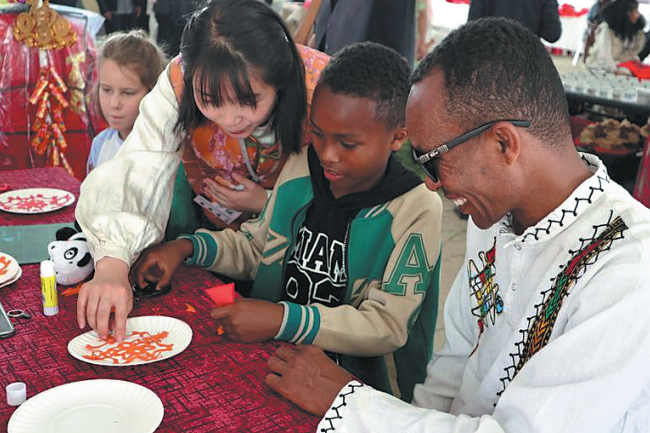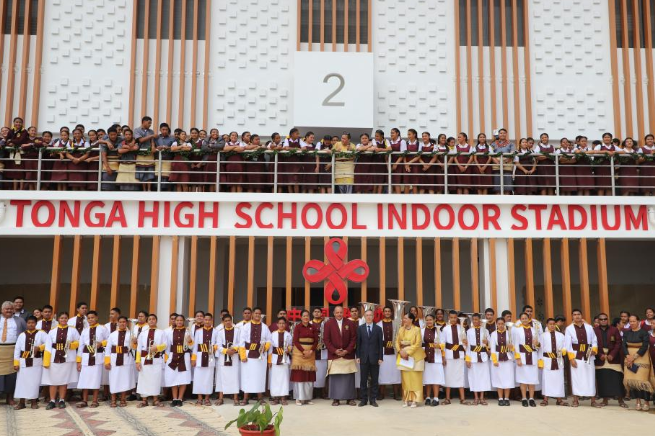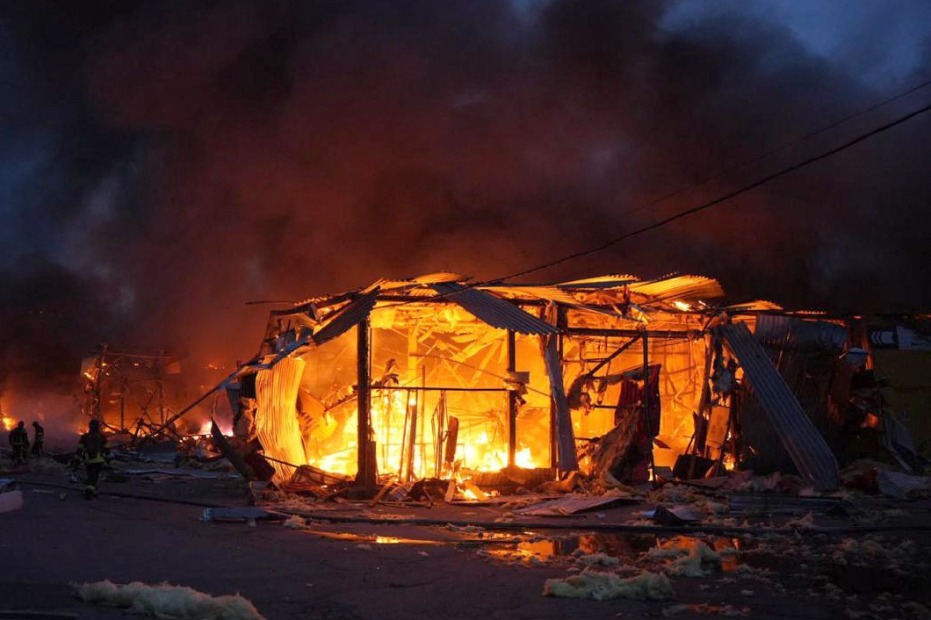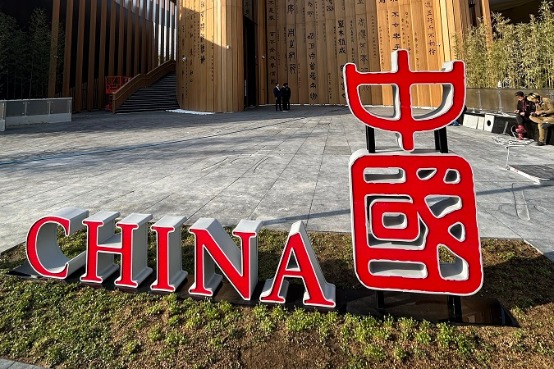China ramps up aid to Pacific Island nations
Country playing pivotal stabilizing role as USAID funding cuts impact region

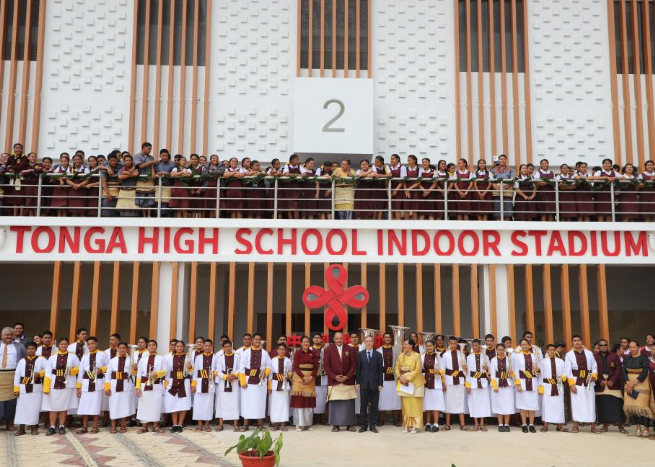
When China officially delivered Tonga's National Sports Complex in Nuku'alofa in March it was another example of Beijing's hand of friendship to a region heavily reliant on foreign aid.
Built by China, the multimillion-dollar complex includes the Tonga High School Indoor Stadium, an international-standard rugby field, netball and tennis courts, and an aquatics center.
To many nations scattered over the vast expanse of the Pacific Ocean, foreign aid is a lifeline in an uncertain world. This has become even more apparent now that the United States government has decided to dismantle the US Agency for International Development, or USAID, effectively cutting much-needed assistance to a region fighting the impact of climate change along with poor health and economic development.
Pacific Islands Forum Secretary-General Baron Waqa said in March that aid to "some agencies" will be impacted.
"We need to work together to look for alternatives," he told media.
He said pledges made by former US president Joe Biden at a summit of Pacific Island leaders in Washington, DC, in September 2023, are "on hold".
According to documents seen by Reuters at the time, Biden pledged to work with Congress to provide an additional $200 million in funding for projects in the region aimed at mitigating the effects of climate change, spurring economic growth, countering illegal fishing and improving public health.
Waqa said they want to "look at all aid to the Pacific".
Jason Young, director of the New Zealand Contemporary China Research Centre at Victoria University of Wellington, said it is hard to predict what policy the Trump administration will take toward aid provision.
"As in other parts of the world, many countries in the Pacific benefit greatly from aid programs from the US and other countries, so any drop in these will be a concern," he told China Daily.
Constrained by geography and fluctuating domestic political cycles, the region is exposed to policy volatility it has no control over.
In contrast, China is playing an increasingly pivotal stabilizing role in the Pacific through equal and mutually beneficial cooperation. China has long offered help, from healthcare facilities in Papua New Guinea to infrastructure and development projects in the Cook Islands.
Policy instrument
Chen Xiaochen, executive deputy director of the Center for Asia-Pacific Studies at East China Normal University, told China Daily that USAID has long served as a key policy instrument for the US.
Climate change poses an existential threat to Pacific Island nations, he noted. "Subject to US geopolitical maneuvering and domestic political turmoil, Pacific Island countries are forced to grapple with extreme policy uncertainty — precisely what they can least afford."
Chen stressed that China is playing a crucial role in the international landscape, explaining that "as fellow Pacific nations, China and Pacific Island countries share broad common interests and vast cooperative potential".
The signing of the Action Plan for Comprehensive Strategic Partnership (2025-30) between China and the Cook Islands has established a new model for China-Pacific Island relations, with the first "five-year plan" of its kind between the two sides, he said.
"This fully demonstrates the medium-to-long-term consistency and stability of China's foreign cooperation," Chen added.
Xu Xiujun, a senior research fellow at the Chinese Academy of Social Sciences' National Academy of Chinese Modernization, told China Daily that Washington's unpredictable policy adjustments in the Pacific are creating complex challenges for island nations.
China's consistent engagement with Pacific Island countries, in contrast, follows principles of noninterference and mutual benefit.
"Through practical collaboration, we're building a closer community with a shared future that genuinely supports sustainable development," he said.
After a series of agreements signed with Beijing in February covering infrastructure, maritime cooperation, tourism, agriculture, technology and education, among others, Cook Islands Prime Minister Mark Brown said the agreements are based on the "long-term interests" of the country, which is remote, resource-rich and vulnerable to climate change.
Contact the writers at xinxin@chinadaily.com.cn

















